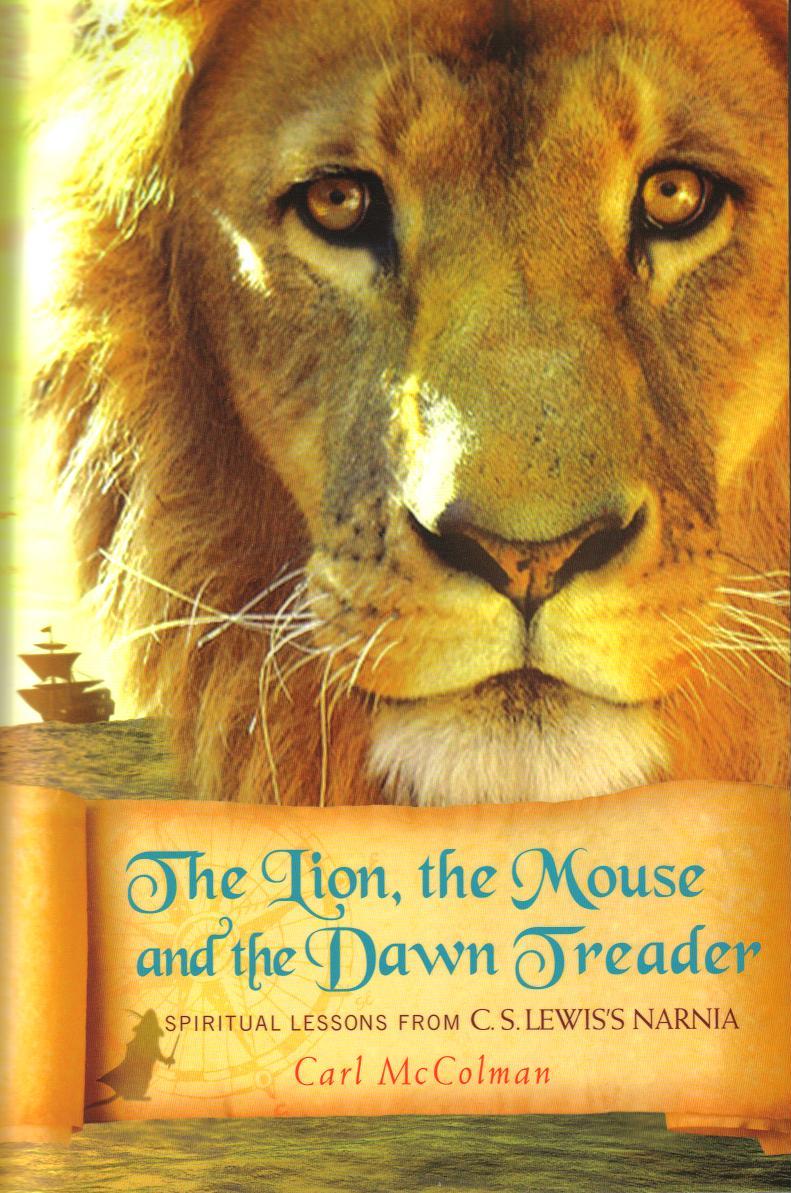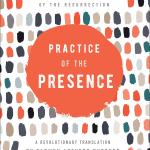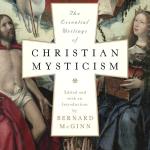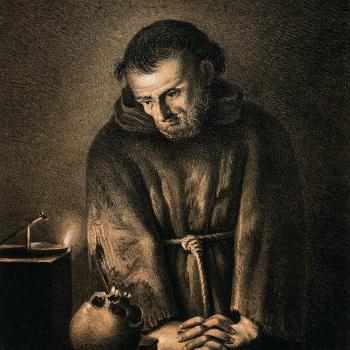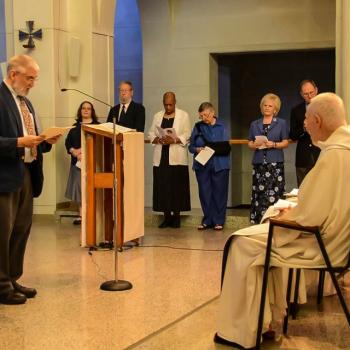The year 1952 in England has gotten a lot of attention lately, with the passing of Queen Elizabeth II. Her seventy-year reign, the longest ever for a British monarch, began with the death of her father, King George VI, on February 6, 1952.
But on September 15 of that year, C. S. Lewis published the third of his seven Narnia books: The Voyage of the Dawn Treader. So happy birthday, Dawn Treader!
People who know me know that I love this book, which I consider a flawed masterpiece of Christian literature written for children (of all ages). Let’s get the “flawed” bits out of the way. Lewis was philosophically very much a Platonist, and that shapes the story, giving it an unfortunate feel of “to find God you must leave the world.” This works on two levels: the children who are the stars of the story — Lucy, Edmund and Eustace — leave our world (symbolized by their homeland, England), to embark upon their adventure in the magical land of Narnia, but then even in Narnia itself, the children accompanied by King Caspian and the crew of the good ship Dawn Treader have to sail to the very end of the world merely to get a glimpse of “Aslan’s Country” (for those uninitiated into the mysteries of Narnia, Aslan the Lion is the symbol for Christ in these tales). This is redeemed somewhat at the very end of the story, when Aslan tells the children, “For you the door into Aslan’s country is from your own world.” Granted, the idea of divine transcendence is a part of Christian mysticism and contemplative spirituality — but it’s only a part, it needs to be balanced with the paradoxical but equal true understanding that God/Christ/heaven are immanent, entirely present in our world, our bodies, our lives. So… The Voyage of the Dawn Treader tells a beautiful and wonderful story, but it’s built on an incomplete understanding of mystical theology, and that needs to be recognized.
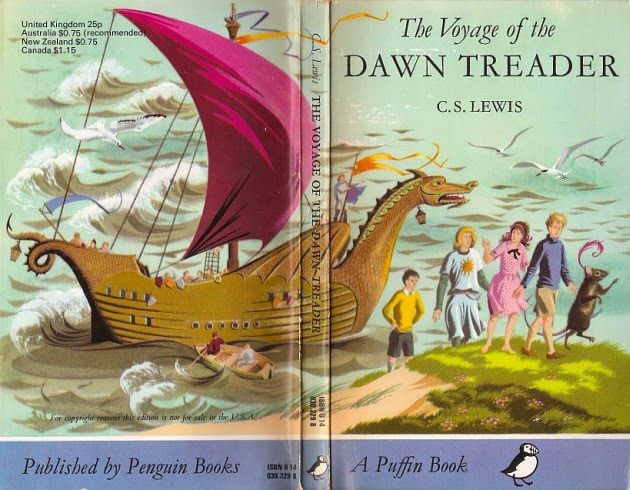
My other gripe with the book is a bit more prosaic, but it still needs to be mentioned. Lewis, very much a cultural conservative, tends to have a moralistic understanding of what “being a Christian” is all about, so much of the story’s conflict centers on the “naughtiness” of Eustace, and his eventual repentance and conversion after his greediness turns him into a dragon. Even worse, Lewis tries to jokingly pass off Eustace’s nastiness on the fact that his parents were “very up-to-date and advanced people. They were vegetarians, non-smokers and teetotalers and wore a special kind of underclothes.” I don’t know how being a vegetarian and a non-smoker gets equated with raising spoiled narcissistic children, but let’s just say that lame attempt at a joke has not aged well at all and now chiefly serves as a warning that Lewis is on some levels a prisoner of his own dualism. He was patriarchal, and lacked self-awareness regarding his own privilege and prejudices: in other words, a typical white man of the 1950s, and the book suffers because of it.
Okay, so the book has its imperfections. But it’s still a masterpiece. And that’s because it weaves together a charming (despite its flaws) children’s story with a subtle but obvious-if-you-know-what-you’re-looking-for overview of the Christian mystical life. Sailing from Narnia to Aslan’s Country on the Dawn Treader is a metaphor for the life of purification, illumination, and union with God; with all the key elements of such a lifelong journey: conversion, contrition, overcoming the ego, surrender, repentance/cleansing (a wonderful scene where Aslan tenderly bathes Eustace has clear baptismal overtones), discovering silence, the dark night of the soul, the Eucharist, and eventually ever-deepening immersion into serenity and light. The entire second half of the book is profoundly contemplative, and once Eustace gets over his spoiled-brat selfishness, the story doesn’t even have much in the way of conflict, beyond the internal struggles that we all face as we seek to move ever deeper into how we respond to divine love.
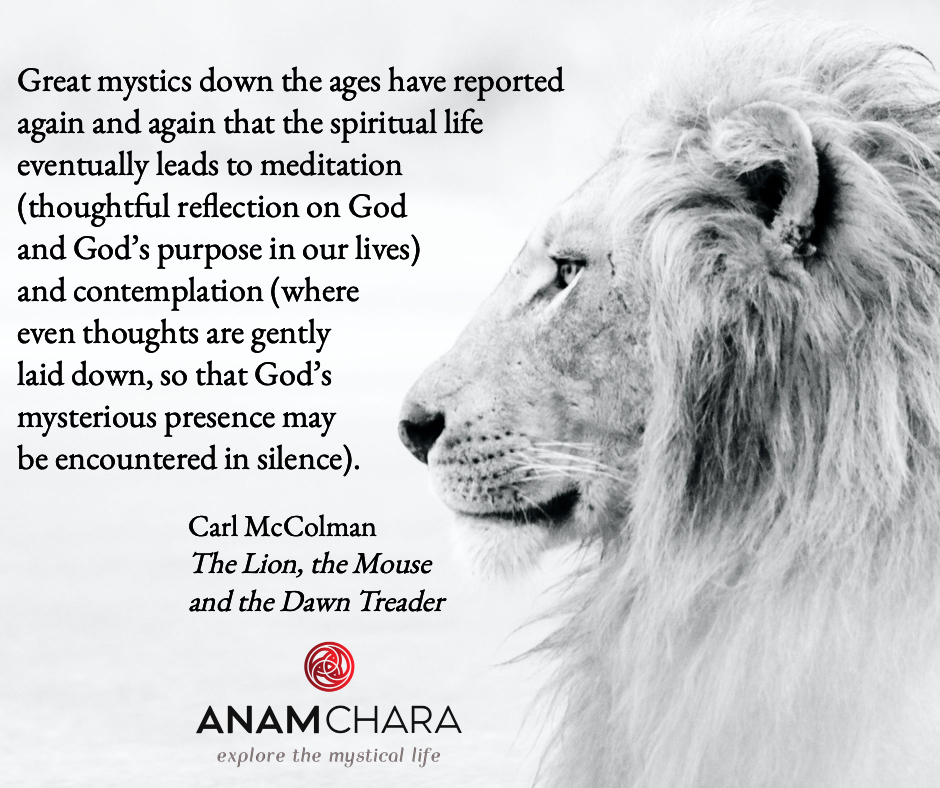
Lewis is a poetic and imaginative writer, and really shines in books like The Voyage of the Dawn Treader, Perelandra and Till We Have Faces when he attempts to describe the inexpressible. Consider this description of the first glimpse of Aslan’s country, as the children and their dear friend Reepicheep the talking mouse approach the culmination fo their quest:
None of them slept or ate. All that night and all next day they glided eastward, and when the third day dawned—with a brightness you or I could not bear even if we had dark glasses on—they saw a wonder ahead. It was as if a wall stood up between them and the sky, a greenish-gray, trembling, shimmering wall. Then up came the sun, and at its first rising they saw it through the wall and it turned into wonderful rainbow colors. Then they knew that the wall was really a long, tall wave—a wave endlessly fixed in one place as you may often see at the edge of a waterfall. It seemed to be about thirty feet high, and the current was gliding them swiftly toward it. You might have supposed they would have thought of their danger. They didn’t. I don’t think anyone could have in their position. For now they saw something not only behind the wave but behind the sun. They could not have seen even the sun if their eyes had not been strengthened by the water of the Last Sea. But now they could look at the rising sun and see it clearly and see things beyond it. What they saw—eastward, beyond the sun—was a range of mountains. It was so high that either they never saw the top of it or they forgot it. None of them remembers seeing any sky in that direction. And the mountains must really have been outside the world. For any mountains even a quarter of a twentieth of that height ought to have had ice and snow on them. But these were warm and green and full of forests and waterfalls however high you looked. And suddenly there came a breeze from the east, tossing the top of the wave into foamy shapes and ruffling the smooth water all round them. It lasted only a second or so but what it brought them in that second none of those three children will ever forget. It brought both a smell and a sound, a musical sound. Edmund and Eustace would never talk about it afterward. Lucy could only say, “It would break your heart.” “Why,” said I, “was it so sad?” “Sad!! No,” said Lucy.
Still very Platonic and one-sided… but oh so beautiful. May we all trust that our capacity to receive the heaven of divine love — which is not only beyond the world, but accessible in it — will be shaped by such beauty.
So happy birthday, Dawn Treader. I encourage you to go find your copy of the Narnia books and spend some time sailing those magical waters, today or sometime soon. And if you would like a bit more of my own insights into this wonderful book, check out my commentary: The Lion, the Mouse and the Dawn Treader: Spiritual Lessons from Narnia. The link takes you to Amazon, but you can also order an autographed copy from me by clicking here.
One last thought: in 2010 a major motion picture adaptation of The Voyage of the Dawn Treader was released, and a few years prior to that the BBC did an adaptation for television as part of an overall series of The Chronicles of Narnia. The BBC version is more faithful to the original story. I enjoyed both adaptations, but please, read the book first. This is a classic example of “the book is better”!
